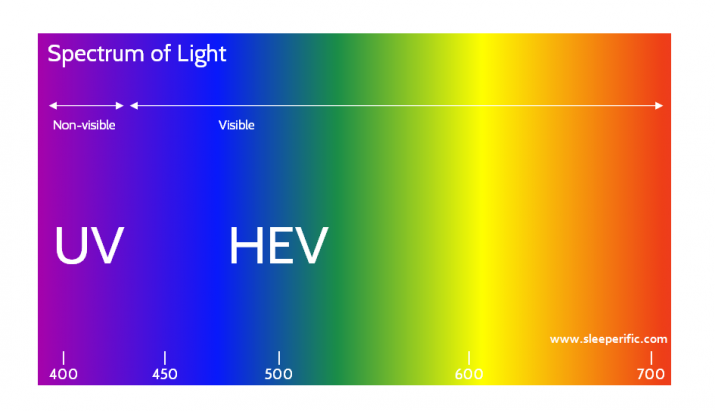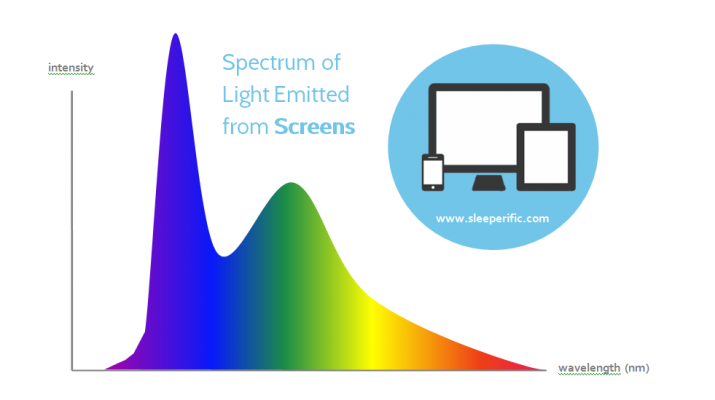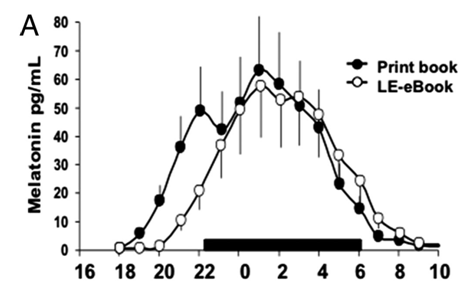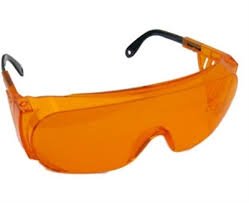We’re all becoming increasingly reliant on technology for communication, reading and entertainment. But the screens that we use in everyday life (computer monitors, televisions, tablets, smartphones etc Related Site. …) have a particularly negative impact on sleep, especially when used in the evening (ie: when most of us are probably using them).
Using tech is a one-two punch of sleep sabotage. Both the content and the devices (yes, the media and the message) themselves can be detrimental to sleep.
The Content
A stressful email from a colleague or boss. The latest news from a war torn country. One last game of Candy Crush Saga. Not only are we losing sleep time to those, but we’re stressing ourselves out when we’re supposed to be relaxing and letting go. Anxiety leads to more cortisol production which further delays sleep, which can lead to more anxiety. It’s a vicious cycle.
The Devices
Here’s what you need to know about light. Pay special attention to blue light. Blue light is present in the spectrum of natural light. It corresponds to the part of the spectrum between 430nm and 500nm.

While any light can inhibit melatonin secretion, blue light does it bigger and badder than it’s other rainbow friends. A study out of Harvard compared the effects of exposure to blue light to exposure to green light. The blue light suppressed melatonin for twice as long as the green light and shifted circadian rhythms by twice as much (3 hours vs. 1.5 hours).[1] Blue light meant later and less restful sleep.
So what does composition of light does a screen typically contain?:
 Yes, the majority of the light we get from our screen IS blue light. Today, 90% of flat screens are made with LEDs. A high proportion of the light those very screens are emitting is blue. And in the case of e-readers, tablets, smartphones and computer screens, you’ve probably got that screen within about 15 inches of your face. So, what does that mean for sleep? Less melatonin (which means a less quality of sleep) and more difficulty falling asleep (which means less quantity of sleep). Generally, if you’re lucky enough to fall asleep, you wake up feeling like you haven’t slept, or at least not well. The following diagram compares melatonin levels with a print book versus and E-reader.[2] You can see the melatonin levels are lower AND they clear away later; meaning it’s hard to fall asleep, sleep is not a high quality and it’s hard to wake up.
Yes, the majority of the light we get from our screen IS blue light. Today, 90% of flat screens are made with LEDs. A high proportion of the light those very screens are emitting is blue. And in the case of e-readers, tablets, smartphones and computer screens, you’ve probably got that screen within about 15 inches of your face. So, what does that mean for sleep? Less melatonin (which means a less quality of sleep) and more difficulty falling asleep (which means less quantity of sleep). Generally, if you’re lucky enough to fall asleep, you wake up feeling like you haven’t slept, or at least not well. The following diagram compares melatonin levels with a print book versus and E-reader.[2] You can see the melatonin levels are lower AND they clear away later; meaning it’s hard to fall asleep, sleep is not a high quality and it’s hard to wake up.  So what can we do? How can we protect ourselves, and especially our older older children (teens) who are the most vulnerable?
So what can we do? How can we protect ourselves, and especially our older older children (teens) who are the most vulnerable?
How to protect your sleep
1) Do not use tech before bed. This is easier for the young kiddos (avoid television, tablet or computer time for a period of at least 2 hours before bedtime). For the older children (teens) and adults, let’s be serious. This probably isn’t possible. A “do not do” approach isn’t sustainable for the majority of us. While limiting it’s use is important, try rearranging tasks – finishing up your email first, then cleaning the kitchen.
2) Invert Black and White on your device Macs, iOS and some e-Readers have this function built in. There are some apps which can be downloaded to do this in your selected web browser. It’s not a perfect solution, but can help, simply by decreasing the quantity of light you’re staring at.
3) Blue light shields I’m not sure how well these work, but companies like BlueLight Shield and Ocushield offer screen protectors that claim to block or limit blue light from their devices.
4) Orange Glasses Not exactly fashionable, but blue light blocking glasses can be helpful. I ordered something similar from Amazon. Stay tuned for my evaluation. Anyone with a high amount of technology in their lives is susceptible. But you don’t have to lose sleep over it. Be sensible, take some precautions and you can balance your screen time AND a healthy sleep.
Anyone with a high amount of technology in their lives is susceptible. But you don’t have to lose sleep over it. Be sensible, take some precautions and you can balance your screen time AND a healthy sleep.
References
1 J. J. Gooley, S. M. Rajaratnam, G. C. Brainard, R. E. Kronauer, C. A. Czeisler, S. W. Lockley, Spectral Responses of the Human Circadian System Depend on the Irradiance and Duration of Exposure to Light. Sci. Transl. Med. 2, 31ra33 (2010). (available here)
2 A.Chang, D. Aeschbach, J. F. Duffy, C. A. Czeisler, Evening use of light-emitting eReaders negatively affects sleep, circadian timing, and next-morning alertness. PNAS 2015 112 (4) 1232-1237; published ahead of print December 22, 2014, doi:10.1073/pnas.1418490112 (available here)

